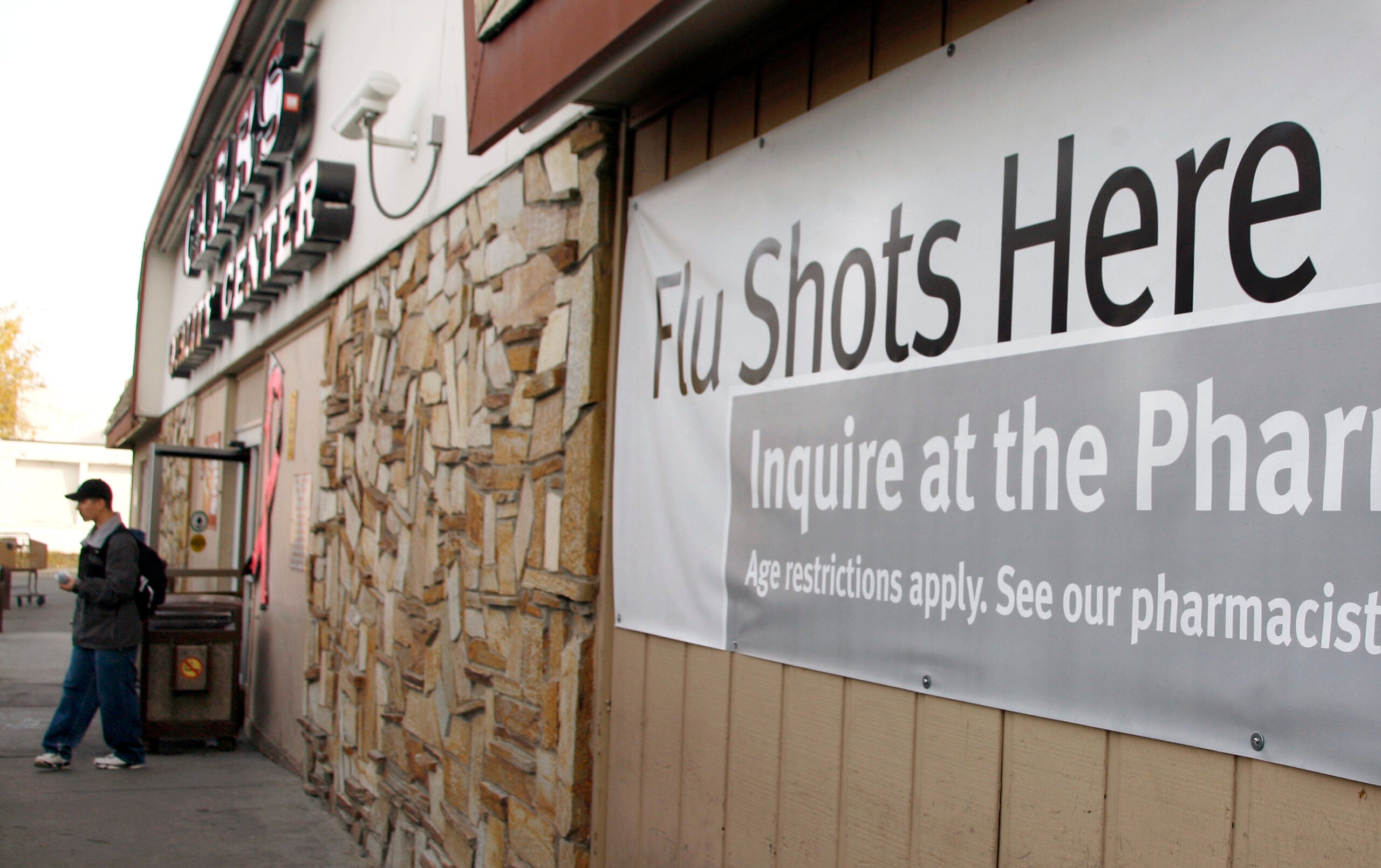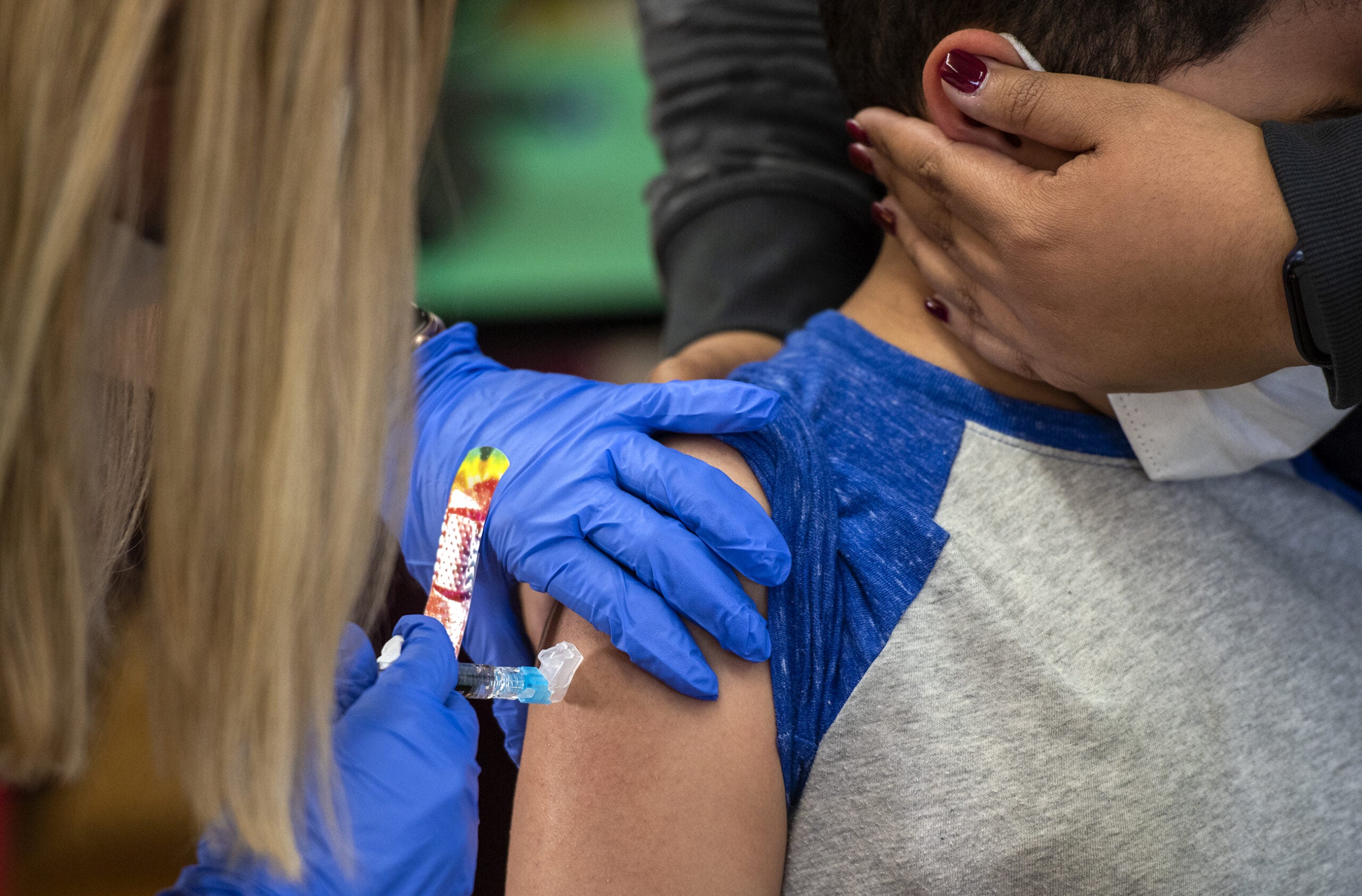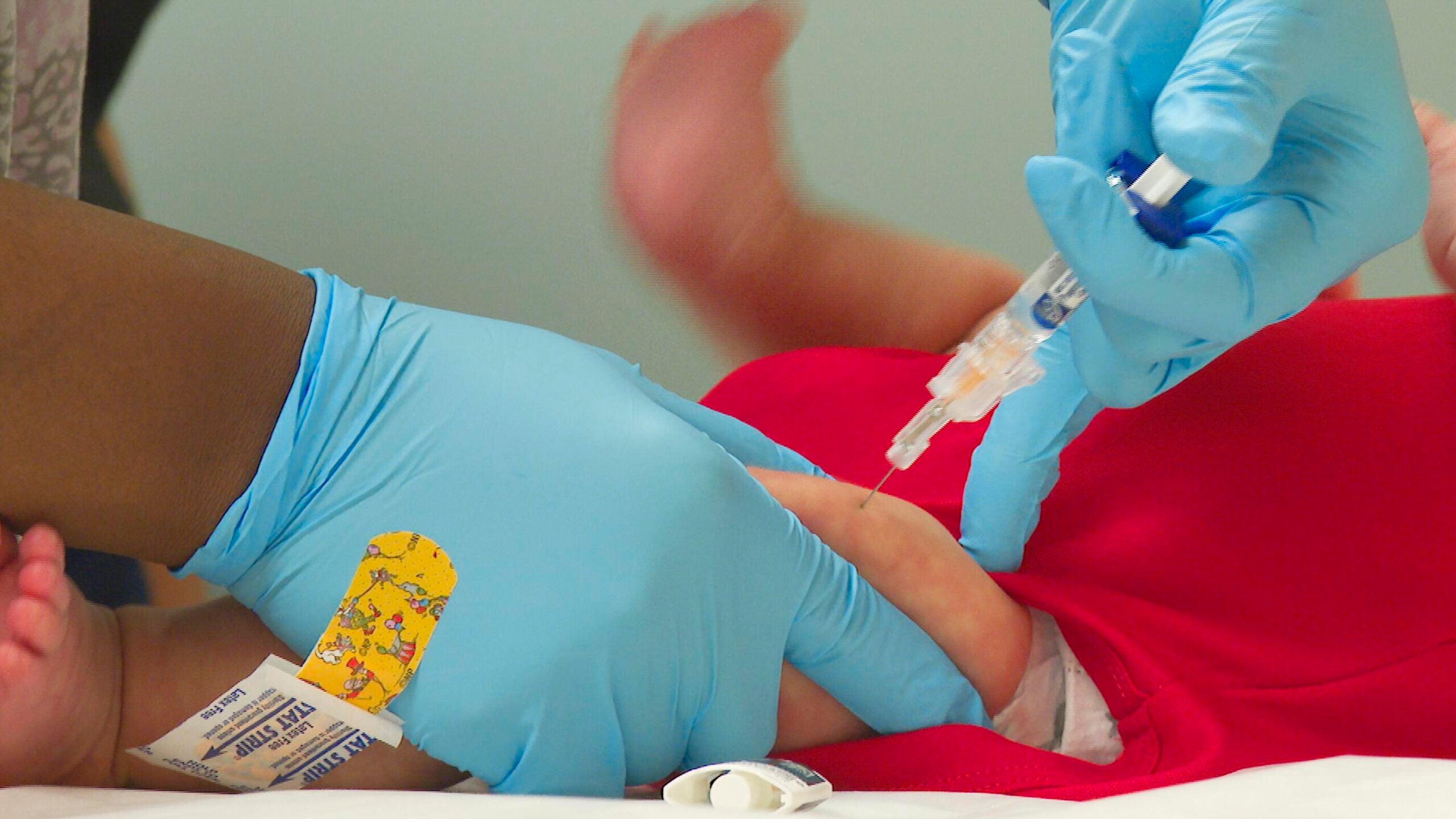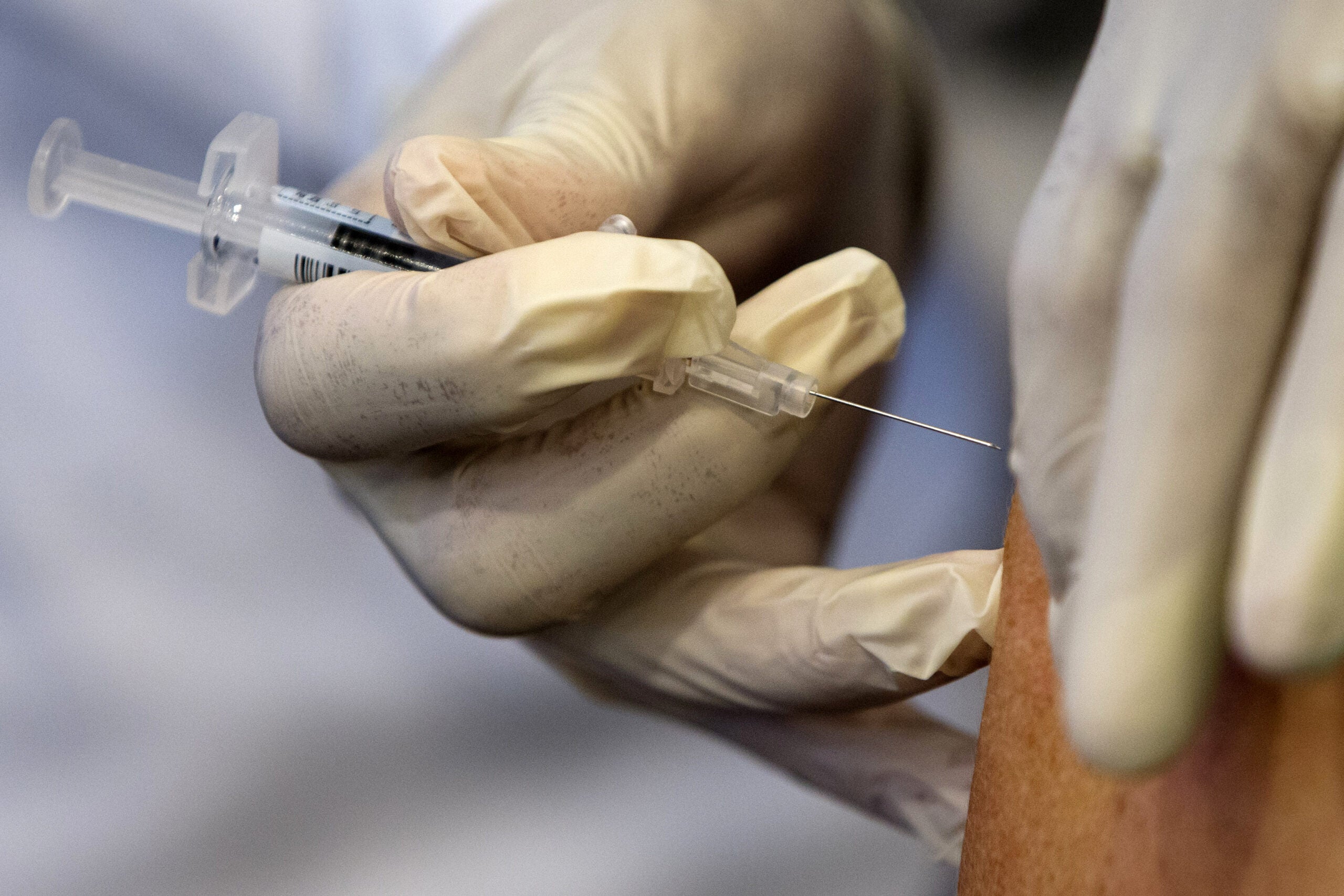University of Wisconsin-Madison researchers are working to produce flu vaccines in a different way. The goal: better protection from what is a seasonal annoyance for many but a serious health concern for others.
Producing vaccines differently might make the flu virus more predictable, the researchers said.
They’re experimenting with growing the flu virus in cells derived from canines and monkeys instead of eggs. This new way of making vaccines is being developed by flu researcher Yoshihiro Kawaoka, professor of pathobiological science at the UW-Madison School of Veterinary Medicine.
News with a little more humanity
WPR’s “Wisconsin Today” newsletter keeps you connected to the state you love without feeling overwhelmed. No paywall. No agenda. No corporate filter.
The team’s work was published Monday in the Proceedings of the National Academy of Sciences. Kawaoka’s team is focusing on vaccines that protect people from influenza B. His team created influenza A virus using the same cell culture method last year.
“It may still not be perfect, but it will at least be substantially better than current vaccines,” Kawaoka said.
The 2015-16 flu vaccine didn’t work as well as the Centers for Disease Control and Prevention hoped. It was only 23 percent effective, and vaccines usually reduce the risk of the flu by 50 to 60 percent, according to the CDC. But some years are vaccines work better than other years.
The problem is, flu viruses mutate, and because the vaccine is made before the flu season even begins, it can later be ineffective against some strains of the flu actually making people sick.
Each year, the U.S. Food and Drug Administration, in collaboration with the CDC and World Health Organization, decides which strains of influenza virus to include in the seasonal flu vaccine. It typically includes two influenza A strains and two influenza B strains.
Wisconsin Public Radio, © Copyright 2025, Board of Regents of the University of Wisconsin System and Wisconsin Educational Communications Board.







